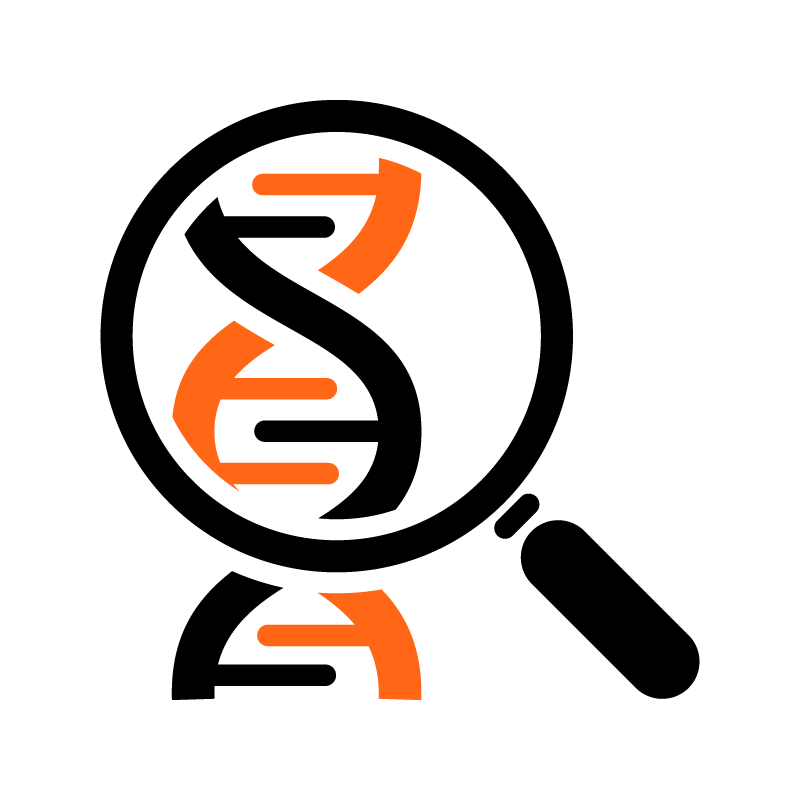Neuroblastoma is a mutational silent tumor but exhibits highly recurrent DNA copy number alterations, including segmental gains of chromosome 1q, 2p and 17q in high-risk cases. Using integrated bioinformatic and wet lab strategies we have identified RRM2 as a copy number affected druggable gene. In vitro and in vivo preclinical analyses uncovered combinatorial RRM2 and CHK1 inhibition as a potent novel drugging strategy and further mark neuroblastoma as hyperaddicted top the ATR/CHK1 replicative stress signaling pathway. Our lab is investigating next generation RRM2 and CHK1 inhibitors to gain deeper mechanistic insight into the underlying molecular basis of this synergistic drug interaction in high-risk neuroblastoma. In addition, using immune competent tumor models, we are investigating the impact of this drug combination using state-of-the art spatial omics technologies in engagement of the host immune system and use this as a guide towards strategies to reactivate immune response in immune cold neuroblastomas. In addition to RRM2, we have identified multiple factors on 1q, 2p and 17q implicated in replication fork dynamics and with presumed replicative stress suppressing role. Several novel druggable targets are under further investigation for combinatorial drugging with ATR and CHK1 inhibitors. Of further note, also ALK, mutated in near 10% of neuroblastomas was recently shown by the Palmer team to connect to the ATR/CHK1 pathway thus opening further combinatorial options for testing.
Research
Exploring novel drugging modalities to target replicative stress in neuroblastoma

Scrutinizing for patient tailored therapy and entry points for novel drug combinations for pediatric sarcoma using patient avatar models
Soft-tissue sarcomas are rare cancers consisting of more than 50 histological subtypes arising from resident cells of the connective tissues in any part of the body. Despite optimal surgical, radio- and/or chemotherapeutical treatment of high-grade soft tissue sarcomas, still more than half of the patients relapse in distant organs within two years of the initial treatment. Once metastasized, systemic therapy (chemotherapy, targeted therapy) is the only remaining treatment option. However, response rates are low (15-20% max) and the median overall survival is 15 months. Because of the rarity and heterogeneity of the disease, set-up of large clinical trials for drug testing is not possible. As a result, there is a lack of sarcoma subtype- and patient- specific treatment. We aim to characterize novel dependencies and scrutinize for synergistic drug interactions using patient derived avatars.

